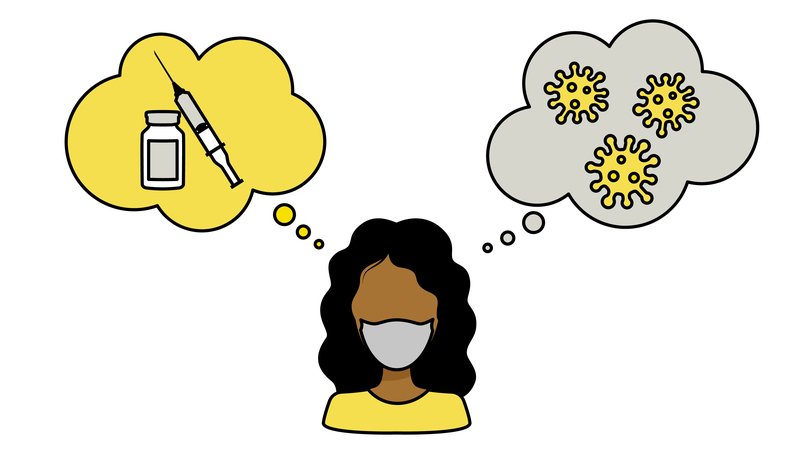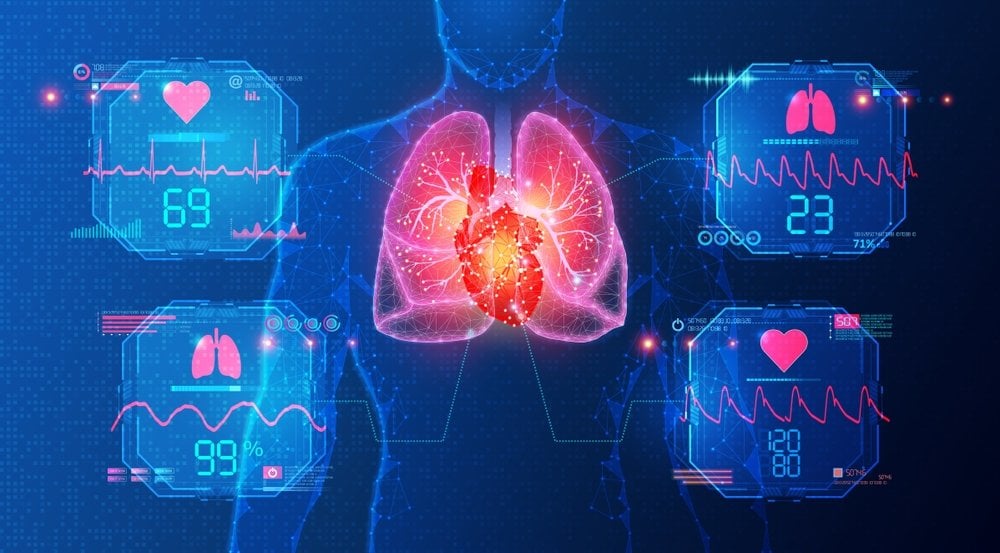Even as confusion about third vaccine doses deepened, recent actions by the U.S. Centers for Disease Control and Prevention increased the likelihood that such booster shots will be inevitable for Americans trying to protect themselves against COVID-19. But questions abound.
Has the third dose decision been finalized?
No. While the CDC has put forth a plan to begin delivering third doses to Americans this fall — recommending that people aim to get another jab eight months after their second dose — the strategy will not be finalized until the FDA conducts its own evaluation and weighs in. (Some reports suggest the CDC might shift to recommending booster shots after six months, but it has not confirmed that.)

Who needs a third dose?
At this point, the only people for whom there is wide agreement that a third dose is necessary are the immunocompromised. That means certain cancer patients, organ transplant recipients, and some people with immune deficiencies. Patients with certain disorders, for example, take drugs to suppress their immune system, and those drugs sometimes also reduce the effectiveness of the vaccines. It’s not uncommon for such patients to produce few or no antibodies to the COVID-19 virus even after two shots. But in a number of studies, immunocompromised patients who previously received two doses of the Pfizer/BioNTech or Moderna vaccines responded to a third dose by producing significantly higher levels of antibodies. That increase could offer more protection against the virus.
What about people who received the Johnson & Johnson vaccine?
Since far fewer Americans received the J&J vaccine, it may take longer for scientists to generate enough information about how their vaccine-induced immunity holds up over time. Those studies are currently being conducted. In announcing the third dose plan, the CDC said that it anticipated that booster shots would likely be necessary for J&J vaccine recipients. The company recently announced that a booster shot six months after the initial dose increased antibody levels nine-fold.
Is the third dose specific to the Delta variant?
At this point, the third doses being administered to people are the same formulation as the first two doses. Both the Pfizer and Moderna vaccines give strong protection against the Delta variant, even though they are based on the genetic code for the original strain of the virus. BioNTech, the company that partnered with Pfizer to create the first COVID-19 vaccine, has now designed a Delta-specific vaccine and is now starting clinical trials to evaluate it. But it’s highly unlikely that Americans getting a third dose in coming months will get anything other than one of the original vaccines.

What’s the scientific evidence behind the third dose recommendation?
Unlike the bulletproof evidence for the first two doses, the science for a third dose is still evolving. Public health officials and scientists have mixed views on whether a third dose is needed, and some critics say the Biden administration jumped the gun on announcing that third doses would be administered. The challenge lies in interpreting real-world data. While clinical trial results are highly controlled and therefore fairly straightforward, real-world data includes a huge number of known and unknown variables. Some experts look at the data and see signals of a worrisome decline in immune protection over time; others reviewing the same data say that the ramp-up of the Delta variant in different populations, as well as other statistical factors, is muddying the waters.
What’s the argument for a third dose, then?
While there is not yet a consensus among scientists about whether a third dose is needed to prevent severe COVID-19 cases, it is clear that waning immunity from the first two doses leads to more patients having cases with mild symptoms. While some public health officials note that the point of vaccines is not to eliminate such mild symptoms, others believe that today’s mild symptoms could be tomorrow’s moderate symptoms and the next day’s severe symptoms. The third dose is being pushed as a way to prevent that deterioration. “Our top priority remains staying ahead of the virus and protecting the American people from COVID-19,” said the CDC in a statement.
What are the ethical implications of a third dose?
This is where things really get thorny. Since nearly everyone in the world needs to get vaccinated and there is a finite supply of vaccines, any third doses given without strong scientific evidence could have instead been given as urgently needed first or second doses to people in countries that have not yet had broad access to the vaccines. While North America and Europe have strong vaccination rates, countries in Africa and the Middle East have so far vaccinated just a tiny fraction of their populations. The World Health Organization’s Director-General, Tedros Adhanom Ghebreyesus, has for weeks been criticizing Western nations for moving toward a third dose even as much of the world has seen no inoculation. The real challenge is ramping up vaccine production globally so there will be enough doses for all. So far, the world has failed to meet that challenge.

















